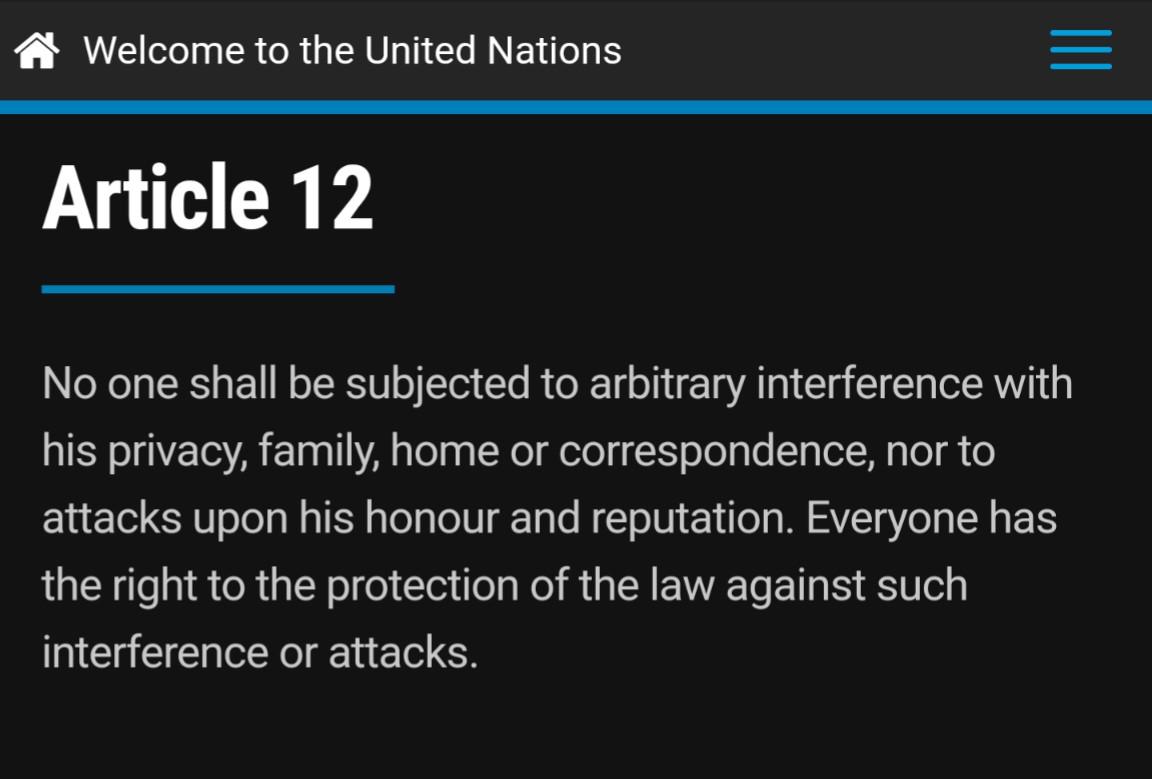Chat control vote postponed

The Justice and Home Affairs Council of the European Parliament has again postponed a vote on an EU regulation on "combating child sexual abuse", the so-called chat control regulation which will herald the end of private messages and secure encryption. Despite targeted advertising to nations that did not want to vote for the current proposal, including Netherlands, Sweden, Belgium, Finland, Slovenia, and Portugal, the required majority for the highly controversial and unprecedented regulation could not be attained.
Pirate Party MEP, digital freedom fighter and negotiator for his group in the European Parliament, Patrick Breyer, has cheered the move:
"Without the commitment and resistance of countless individuals and organizations in Europe, the EU governments would have decided tomorrow in favour of totalitarian indiscriminate chat control, buried the digital privacy of correspondence and secure encryption. The fact that we have prevented this for the time being should be celebrated! I am particularly pleased that the multi-million Euro professional lobbying and disinformation campaign by a network of the EU Commission and supposed child protection lobbyists has failed for the time being.
Now the critical governments should finally do their homework and agree on joint demands. It is not enough to be against chat control. The suspicionless, error-prone screening of private messages is the most toxic part of the draft regulation, but the problems go far beyond that. We therefore need a new approach that focuses on preventive child protection instead of mass surveillance and paternalism! The last 'compromise proposal' of the Council Presidency must be fundamentally revised in at least 5 points:
- No suspicionless chat control: Instead of blanket message and chat control, the judiciary should only be able to order searches of the messages and uploads of suspects. This is the only way to avoid a disproportionate mass surveillance order inevitably failing in court and achieving nothing at all for children. There must also be no untargeted 'voluntary chat control' by Internet corporations.
- Protect secure encryption: So-called client-side scanning to infiltrate secure encryption must be explicitly ruled out. General declarations of support for encryption in the text of the law are worthless if scanning and extraction take place even before encryption. Our personal devices must not be perverted into scanners.
- Protect anonymity: Remove mandatory age verification by all communications services to save the right to communicate anonymously. Whistleblowers risk being silenced if they have to show ID or face to the communications service before leaks.
- Deleting instead of blocking: Instead of trying and failing to block exploitative postings via access providers or search engines, it should become mandatory for hosters and law enforcement to delete or have deleted reported exploitative postings at the source.
- No app censorship for young people: It is completely unacceptable to exclude young people from apps such as Whatsapp, Instagram or games in order to protect them from grooming. Instead, the default settings of the services must become more privacy-friendly and secure.
- The push for suspicionless chat control is unprecedented in the free world. It divides child protection organizations, abuse victims, other stakeholders, the Parliament and the Council. It's time for a fresh start that relies on consensus. I am convinced that we can protect children and all of us much better with a new approach."
Anja Hirschel, top candidate of the Pirate Party for the European Election 2024, comments:
"The push for indiscriminate chat control is a profound attack on our privacy and unprecedented in the free world. It divides child protection organizations, abuse victims, other stakeholders, the Parliament and the Council. It is time for a fresh start that builds on consensus. I am convinced that we can protect children and all of us much better with a new approach. And we can do it without sacrificing our fundamental liberties."
Negotiations in the European Parliament will continue with what is likely to be the final round of negotiations.
